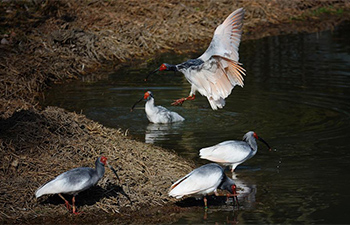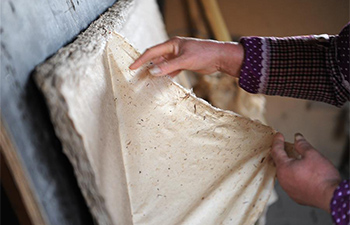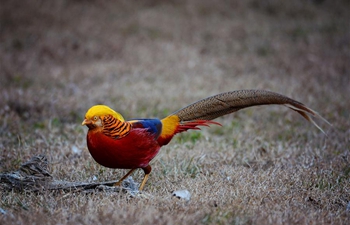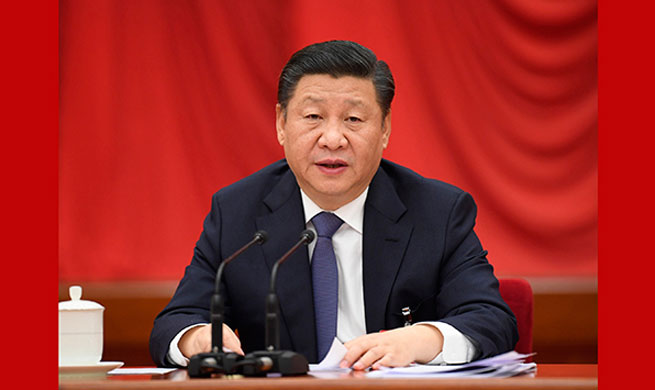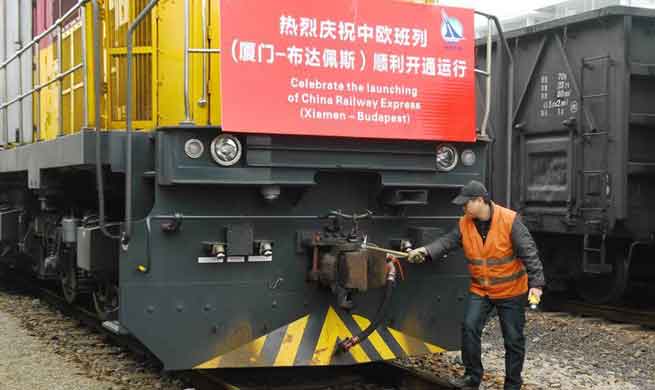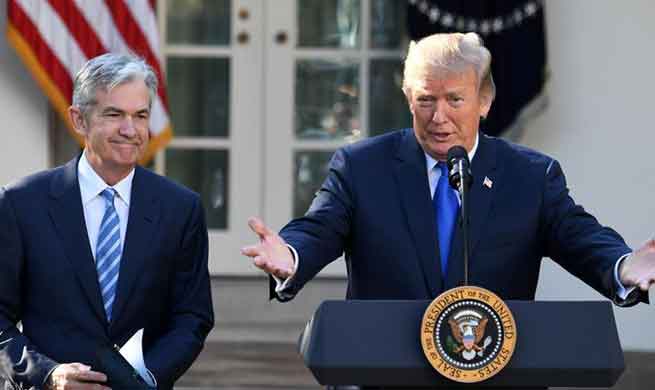HAVANA, Jan. 19 (Xinhua) -- As Cuba's leading trade partner, China has become a key driver of tourism development in the Caribbean island nation.
With investments exceeding 700 million U.S. dollars and an increasing presence of Chinese goods and know-how, China is helping Cuba promote its tourism industry.
"Every day we want to use more Chinese products and technologies in the tourism sector," Jose Daniel Alonso, director of development and investment at Cuba's tourism ministry, told Xinhua in a recent interview.
The tourism sector's potential for growth and capability to generate much-needed foreign revenue makes it a development priority. Local authorities are seeking reliable investors to enhance resorts' infrastructure as well as expand hotel capacity and recreational options.
At local car rental agencies catering to foreign visitors, Chinese car brands of GAC Motor, Geely, BYD, BAIC and Maxus represent 65 percent of the fleet.
Almost the entire fleet of buses of all dimensions are supplied by Chinese companies, mainly Yutong and King Long.
"In addition to the buses and rental vehicles, we have bought air conditioners for rooms in many hotels. We are also assessing other goods for the Cuban hotel industry," Alonso said.
Tourism cooperation between Cuba and China is nothing new.
Companies from China and Cuba together operate the Grand Kempinski Hotel in Shanghai, following a partnership forged in 2010 between the island's Cubanacan tourism group and China's Suntimes Enterprise.
"This same Chinese company will build a luxury hotel at Havana's Marina Hemingway to the west of the Cuban capital, and the first steps are being taken to start," said Alonso, adding that the project calls for an investment of more than 200 million dollars.
Beijing Enterprises and a Cuban firm are set to develop a big residential resort with a golf course east of Havana, in an area called Bellomonte. Construction works are expected to begin next year.
"This project represents an investment of more than 500 million U.S. dollars, and it will without a doubt mark the future development of the Cuban tourism sector," Alonso said.
Tourism cooperation is providing a significant boost to bilateral economic, financial and trade ties between the two longtime friendly nations.
Meanwhile, Chinese travellers are also contributing a lot to Cuba's tourism sector. The year 2017 saw a 17-percent increase in the number of Chinese visitors, over close to 40,000 arrivals in the year before.
"We must reach the goal of having some 60,000 Chinese tourists this year," said Alonso.
The tourism ministry is working with tour operators and airlines bringing Chinese tourists to Cuba to "create the conditions" for continuing the exponential growth of this market.
"For our Chinese visitors, we are seeking to work on such things as culinary habits, knowing new places, and special interest in our country," he said.
The launch in 2015 of a weekly direct Beijing-Havana flight operated by Air China, with a technical stopover in the Canadian city of Montreal, is a decisive factor in bringing in more Chinese tourists.
Chinese travellers need to apply for a Canadian transit visa, which is not always easy to get, but officials are working to resolve the issue.




